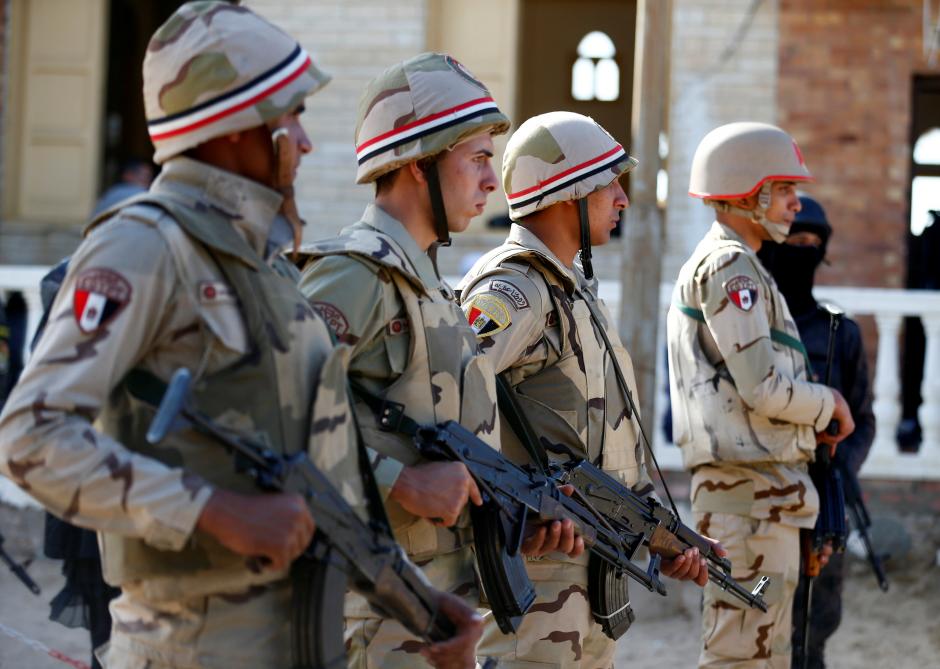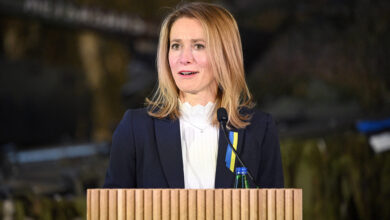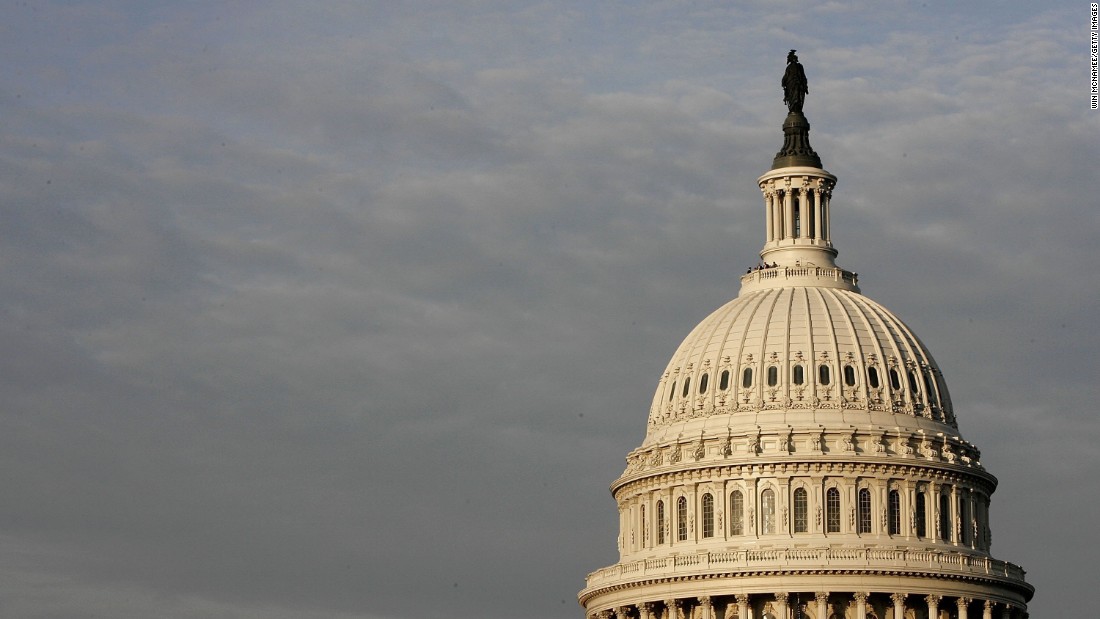Egypt's Foreign Minister Nabil Fahmy said on Saturday that Egypt would look beyond the United States to meet its security needs and warned Washington that it could no longer ignore popular demands in a changed Arab world.
Speaking ahead of a visit by U.S. Secretary of State John Kerry, Fahmy said the United States must take a long-term view of its relations with Egypt and understand that in the wake of the Arab Spring, "it would have to deal now with the Arab peoples, not only with Arab governments".
Emphasizing the "turbulent" state of Washington's ties with its longtime Arab ally after U.S. military aid curbs in response to the army's overthrow in July of President Mohamed Mursi of the Muslim Brotherhood, Fahmy said Egypt would have to develop "multiple choices, multiple options" to chart its way forward – including military relationships.
Fahmy, in a rare interview, also sent this message to the United States: "If you're going to have interests in the Middle East, you need to have either good relations with the country that is the focus of the Middle East, or at the very least well-managed relations".
"This is going to be a frank, honest dialogue between friends," he told Reuters about his meeting with Kerry on Sunday.
"We will work in that constructive fashion to develop the relationship but there is no question in our mind that we will fulfil our national security needs as they are required from whatever source we need".
The minister, a broadly pro-American figure in the interim military-backed government, made his first significant foreign trip to Russia in September rather than the United States, which has suspended key parts of its aid to the Egyptian army, pending progress on democracy.
The military receives an annual $1.3 billion in arms and cash from the United States since Egypt signed a peace agreement with Israel in 1979.
'COLD WAR MENTALITY'
The message Cairo will convey to Kerry is that "the U.S.-Egypt relationship is very important, but that the relationship is much deeper than aid or no aid, and it has to be looked at as a strategic relationship rather than a tactical one".
Fahmy, a former ambassador to Washington and long a top strategist in Egypt's Foreign Ministry, stressed that this was not a pivot back to Moscow, Cairo's Soviet-era ally before then-President Anwar Sadat pulled Egypt into the Western camp and made peace with Israel.
"That's Cold War mentality. I'm not trying to bring in Russia vis-a-vis America. I'm trying to bring in 10, 20, 30 new partners for Egypt", he said.
"The Egyptian government is committed to diversifying its relationship, not at the expense of our friends but over and above … . This is not a position against an American policy, it's a position that is consistent with Egypt's interests."
He said Egypt, the No. 2 recipient of U.S. military aid and where a quarter of the Middle East population lives, was disturbed by the disruption of American aid, particularly the withholding of military deliveries, which requires "sustainability, continuity and a long-term consistency."
Last month's decision by Washington to freeze some military aid and $260 million in cash aid, following a crackdown on the Brotherhood, has angered the Egyptian authorities and their Arab allies.
The military said it responded to huge mass protests against Mursi's rule when it toppled him. But it then carried out one of the most brutal crackdowns on Egypt's oldest and most powerful Islamist group.
In August it crushed pro-Mursi camps, killing hundreds of people and arresting the leadership along with thousands of their supporters.
'WE WILL STUMBLE'
Kerry arrives a day before Mursi and 14 other top Brotherhood leaders go on trial on charges of inciting violence.
Fahmy said Egypt, where long-time autocrat Hosni Mubarak was toppled in popular protests in 2011, is passing through a challenging transition but the only way forward was democracy.
Success or failure of the Egyptian model, he added, will shape the Middle East, especially the countries that went through similar popular uprisings to topple dictators.
"We are trying to determine our political identity and it is a difficult process … . There will be push back and forth and as we do this we will stumble … . It is going to take time."
Fahmy said it would take Egypt up to five years to have a mature democracy.
For that to happen, Egypt must restore security and prosperity to the country of 85 million, whose economy and tourism industry have been severely hit by turmoil.
He said his government's mandate was to prepare for new parliamentary and presidential elections, vote on a new constitution in a referendum, start a reconciliation process and establish the democratic institutions for modern Egypt.
Responding to critics who say that Egypt was again in the clutches of the military, he said: "The more we take steps to implement the roadmap, the more you will see a civilian face to this process."
Democracy in Egypt is irreversible, said Fahmy.
"Why in the world would people come out twice in 2-1/2 years and change their president? This is not about whether we have it or not, it's about how long it takes us and what the cost is.
"The strongest voice in Egypt today is the Egyptian people … . I caution against again ignoring the Egyptian people."




